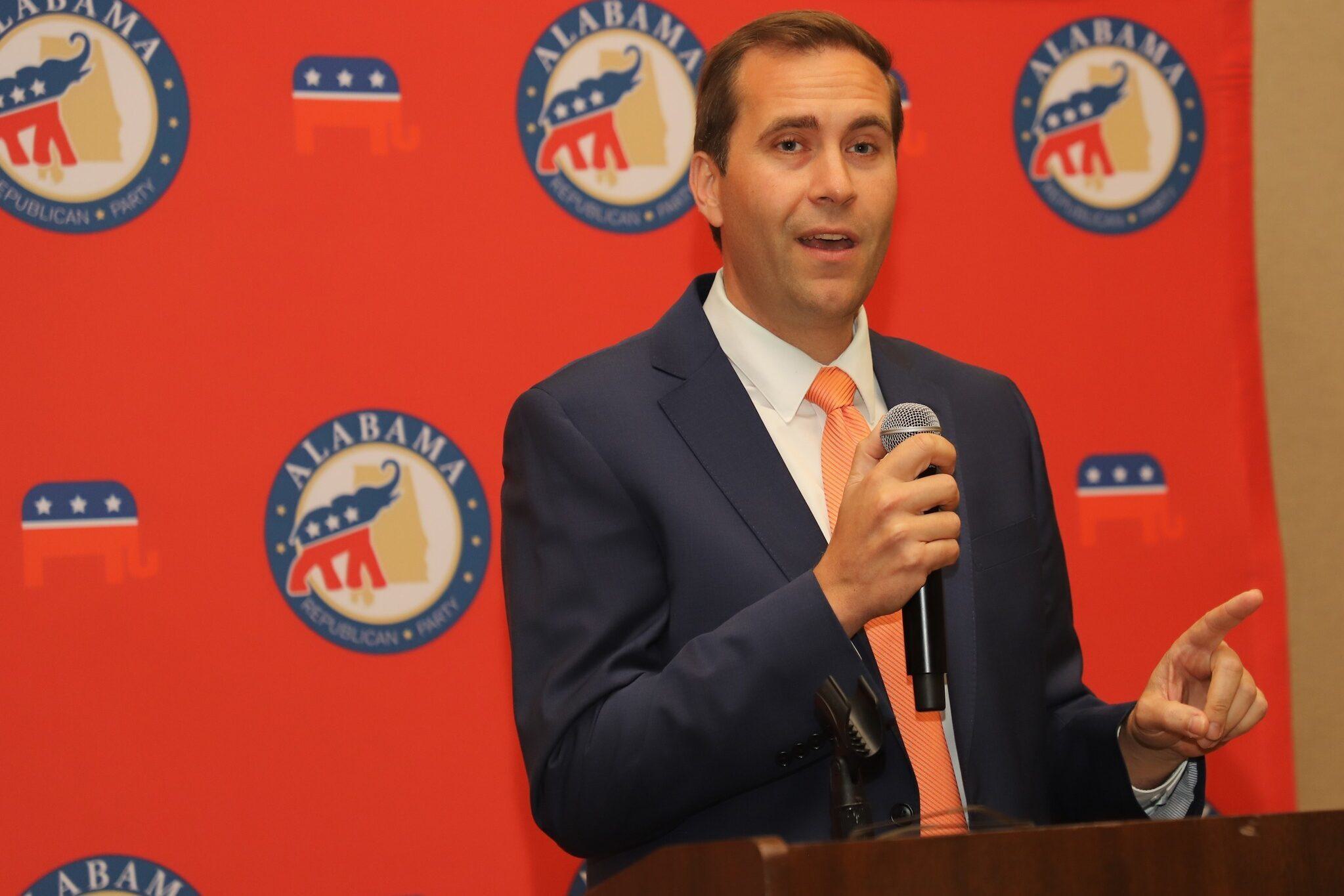Alabama Republican Party (ALGOP) chairman John Wahl recently came out in support of passing school choice in Alabama in light of National School Choice Week.
Alabama's state and federal lawmakers are exceptionally vocal this National School Choice Week, with education taking center stage on both levels.
SEE: Gov. Ivey, State Rep. Yarbrough join students at State Capitol to support school choice
In recent years, ALGOP has made school choice a focus of its campaigning and legislative focus. And, with school choice slated to be a hot topic in the 2024 legislative session, ALGOP is doubling down on its support for school choice.
"The Alabama Republican Party has been a longtime advocate for school choice and parental rights in general," Wahl said. "We believe every child is unique, and that their parents are best equipped to determine what type of education meets their needs. We also believe that no child's quality of education should be decided by where they live. Low income and minority families should have the same opportunities to alternative education, and a strong school choice bill will give them a chance for a better education and open up new paths of success. Now is the time to pass school choice in Alabama."
With different opinions pervading state lawmakers, it is unclear what form a school choice bill may take in the upcoming session.
The 2023 session saw an aggressive school choice bill carried by State Sen. Larry Stutts (R-Tuscumbia) in the Senate and State Rep. Ernie Yarbrough (R-Trinity) in the House. The Parental Rights in Children's Education (PRICE) Act would have created an Education Savings Account (ESA) system allowing parents to use state funds from the Education Trust Fund (ETF) to apply towards their children's education, whether that be in another public school, charter school or homeschool.
The PRICE Act died, but Alabama's desire for school choice only intensified, particularly as residents watched other states implement school choice legislation and culture war tension and lackluster state education performance grew.
"Almost 4 out of 5 voters with an opinion on the issues said they supported school choice legislation," an April 2023 poll from the Alabama GOP reported, "while just over a quarter said they were undecided. The full survey results were 57% support, 16% opposed, and 27% undecided."
Although Gov. Kay Ivey was initially silent on the issue, the tide turned shortly after the 2023 legislative session concluded. Ivey said she wanted Alabama to be "the most school choice-friendly state in the nation." She has since said her office is working to draft school choice legislation to create an ESA bill for 2024.
Several other lawmakers have proposed some type of school choice legislation. The result will likely be some amalgamation of the perceived best parts of each bill once lawmakers begin debating and amending legislation.
House Education Policy chairwoman State Rep. Terri Collins (R-Decatur) told 1819 News she plans to refile a bill from 2023. "The Alabama Fits All Scholarship Program" would create ESAs administered to eligible students under a program manager.
The scholarship would be open to students in all non-public contexts, with certain preferential guidelines should demand outrun supply. However, the bill also requires specific reporting requirements to maintain eligibility.
Recently, State Rep. Ernie Yarbrough (R-Trinity) announced his intentions to file a full school choice bill in the 2024 legislative session, opening the option for ESAs for all Alabamians.
Lt. Gov. Will Ainsworth sounded off in support of Yarbrough's plan to file.
SEE: 'Let's go!!!': Ainsworth gears up for school choice legislation in 2024
Yarbrough's bill would create education savings accounts funded at about $7,000 annually, roughly the amount the state spends on each student in the public school system. The ESAs would be available to any K-12 student in Alabama whose parents wish to participate. The funds could be used for educational expenses, including tuition, textbooks and transportation. Yarbrough's bill will not require education institutions participating in the program to administer government-mandated tests.
Critics of school choice, most notably the Alabama Education Association (AEA), claim any ESA would take resources away from the state's already struggling school system by bleeding the state's ETF. Critics also lament the perceived lack of accountability of state funds given to parents to use on various educational materials, equipment and activities.
The AEA boasted of working to defeat the PRICE Act, saying it "would have been detrimental to the ETF and students in Alabama."
Ainsworth told 1819 News that any ESA plan would take funds from the ETF. However, his priorities are focused on giving Alabama parents the freedom to choose whatever school they wish.
"No doubt it will take dollars out of [the ETF]," Ainsworth said. "But what we have to realize is that it's the taxpayers' dollars, the parents of these students who are homeschooling or sending their kids to private school. Maybe there's families out there who can't afford to send their kids to private school, but if they had this, would. Or maybe they would decide to just do a different public school. But at the end of the day, this is going to open up where each parent who knows their child the best can decide which educational option is best for them and their future. And that's a win for Alabama and a win for the students in this state."
To connect with the author of this story or to comment, email craig.monger@1819news.com.
Don't miss out! Subscribe to our newsletter and get our top stories every weekday morning.









